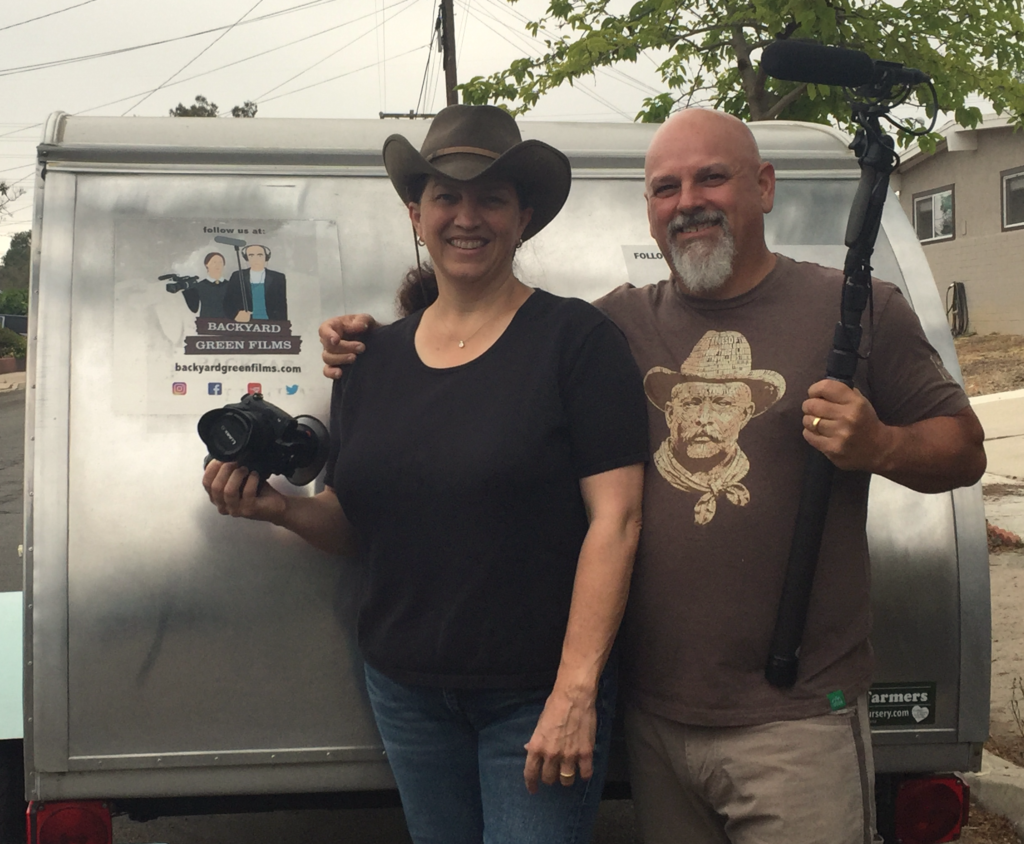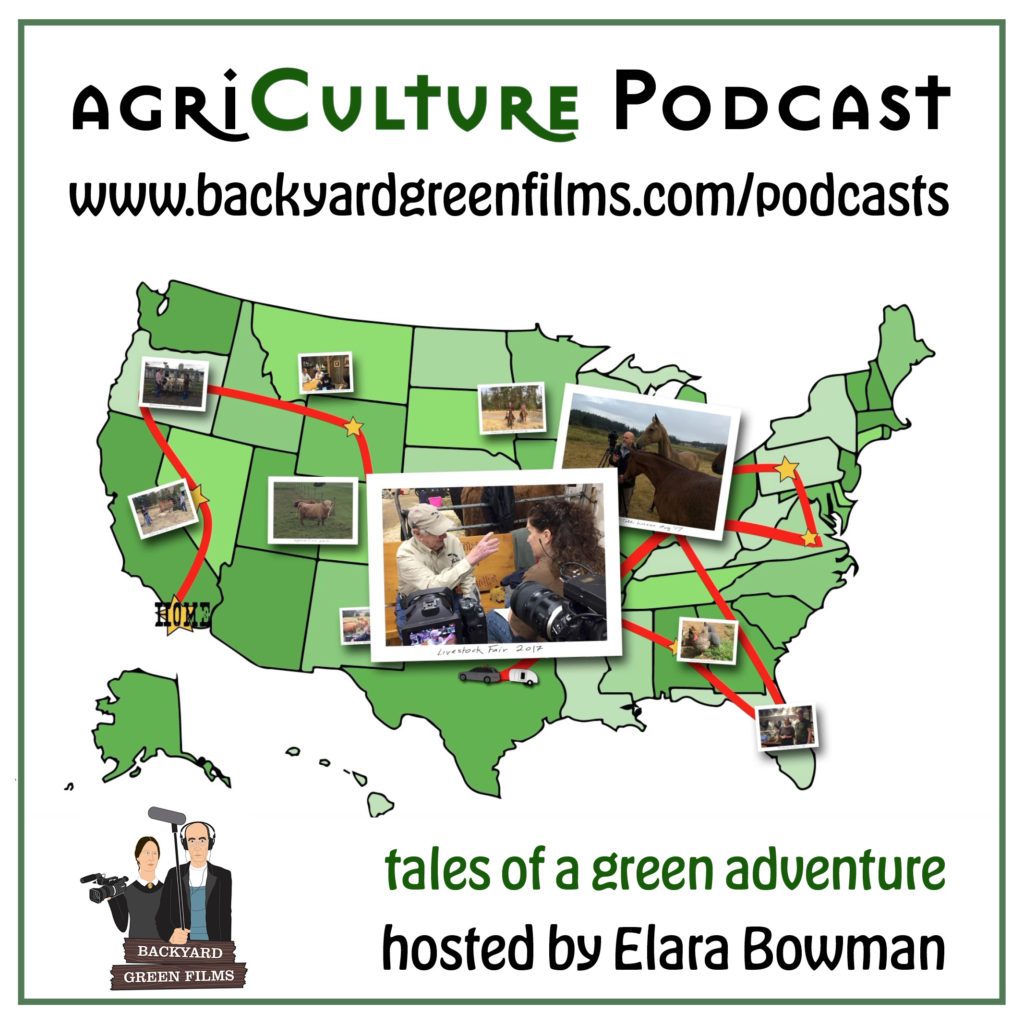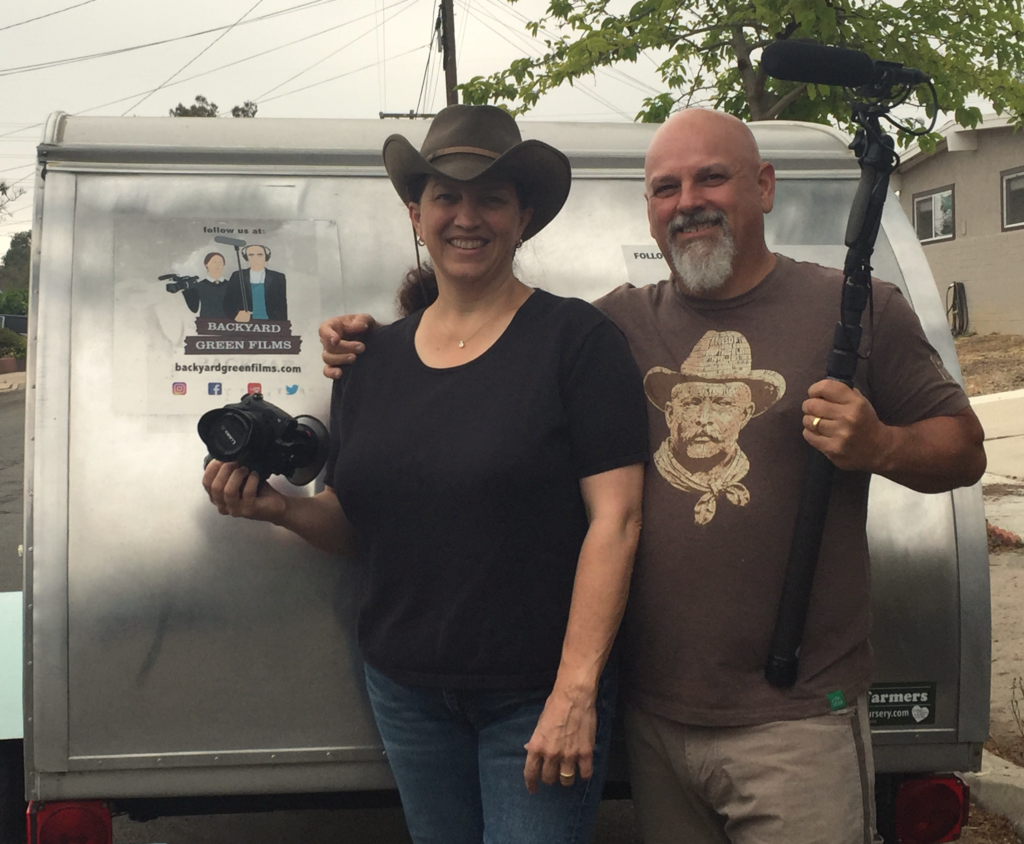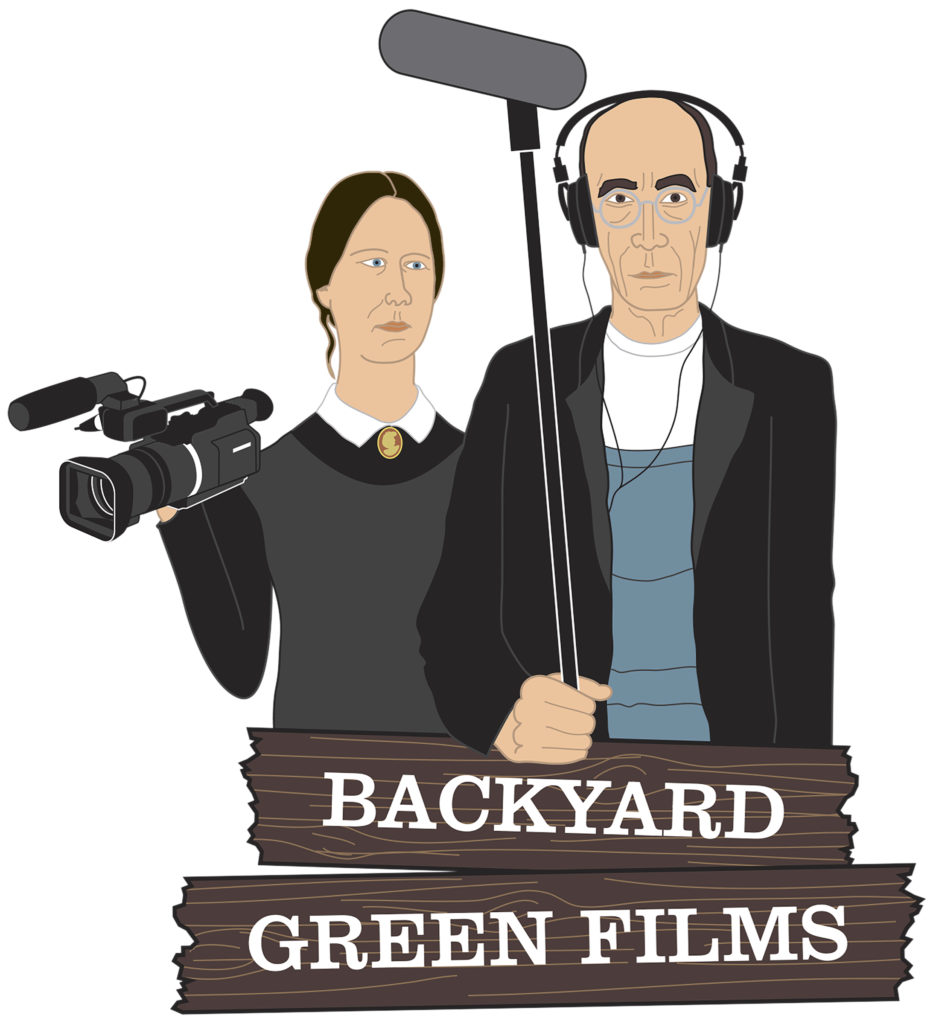Podcast: Play in new window | Download
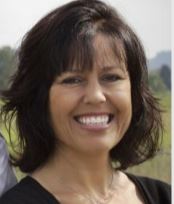
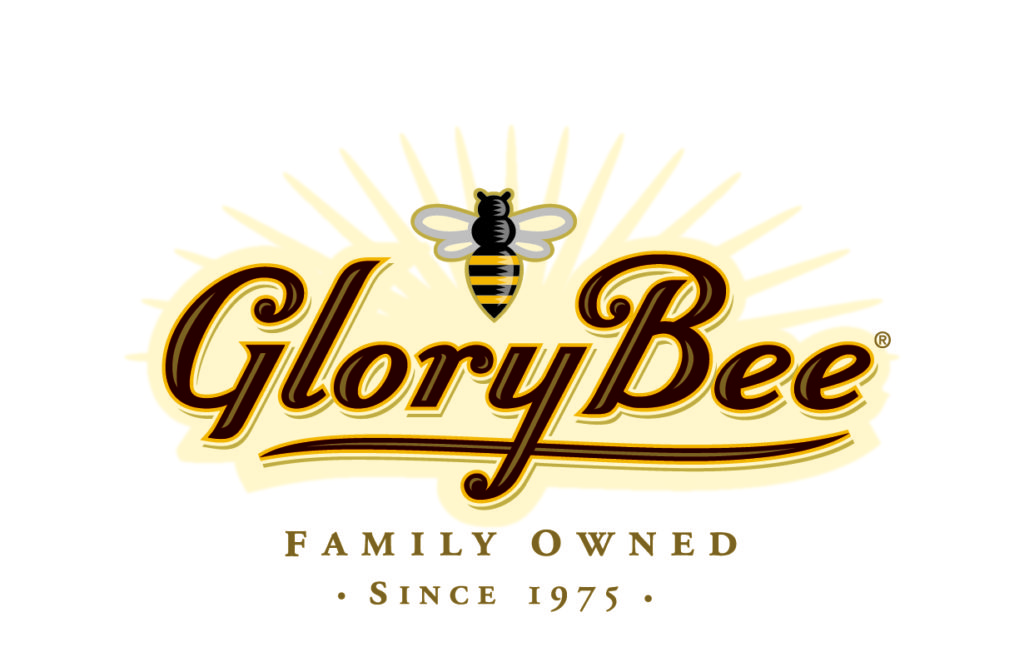
Episode 28.
How do you stand out in front of your customers? Have you adopted a cause that your clients can relate with?
RaeJean Wilson is the Senior Vice President of GloryBee, a family-run company since 1975. Her parents, Dick and Pat Turanski started GloryBee Foods with a dream of providing natural, healthy ingredients for the people of their town. It has grown to international fame, but they have never lost the original principles.
In our conversation, RaeJean discusses how she never saw herself in the family business, but has fallen in love with the process, the customers and the cause they have set out on to “Save the Bee.”
Where is your company going to be in 45 years? Listen Now!
- Find out more about GloryBee: https://www.glorybee.com/
Beat out your competition – EVEN if it’s Amazon.com: https://brianjpombo.com/amazonbook
Full Transcript
RaeJean: Another fun dream of mine was have a healthy event we have a save to be five k, this will be the six year we’ve been fortunate enough to raise over $10,000 the last couple years at that event because we get people to sponsor the race and then every penny of your race fee goes to save the bees.
Podcast Intro: If you’re someone who refuses to go along to get along, if you question whether the status quo was good enough for you and your family. If you want to leave this world better off than you found it and you consider independence a sacred thing.
You may be a prepper, a gardener, a homesteader, a survivalist, or a farmer or rancher, an environmentalist or a rugged outdoorsman.
We are here to celebrate you whether you’re looking to improve your maverick business or to find out more about the latest products and services available to the weekend rebel.
From selling chicken eggs online, to building up your food storage or collecting handmade soap.This show is for those who choose the road less traveled the road to self-reliance for those that are living a daring adventure, life off the grid.
Brian: RaeJean Wilson is the daughter of GloryBee founders Dick and Pat Turanski.
RaeJean has served in the family business in several capacities over the last 25 plus years following college, her focus was on sales and building GloryBees customer base.
She also spent 10 years as GloryBees HR manager.
In 2015, RaeJean stepped into the position of senior executive vice president where she now co-leads the company with her brother Alan Turanski, overseeing sales, marketing, human resources, safety, sustainability and community outreach.
RaeJean Wilson, welcome to the Off The Grid Biz Podcast.
RaeJean: Thank you. Thanks for having me today.
Brian: Absolutely. Now, why don’t you let us all know a little bit about what you do?
RaeJean: Well, like my bio said, I’m the Senior Executive Vice President at GloryBee and I spend a lot of my day sitting in an office in meeting solving problems helping people solve their problems so that we can take care of our customers.
Specifically, I’m involved in our community programs where we give back causes vice president of marketing as well and vice president of sales, working on our branding, our new products, our marketing plan, we’re in the middle of a brand refresh right now.
On the human resource side, I connect that with our safety and sustainability that has a lot to do with our people development and the programs that connect to that that are tied to our values and keeping our employees safe. And making sure they work they do has the best environmental impact possible or the least environmental impact possible.
Brian: Great. So have you always seen yourself in the in the family business?
RaeJean: Well, actually, no.
I never really ever thought I would work in the family business. But after college, I wasn’t really able to pursue the exact career I had hoped for.
Because I realized it would create the need to go back to school didn’t want to do that at the time and so I ended up coming here working in the shipping department got the opportunity to work in sales. Eventually human resources and then here we are year 29, and now involved like I shared earlier, in marketing, sales, human resources and the community.
Brian: Looking over the website GloryBee.com, things that originally drew us to you is the fact that you have beekeeping soap and candle making things, a lot of things that help people become more self reliant. But at the same time you also have a lot of in products like honey supplements.
I see cooking and baking here including, you know, agave syrup and dried fruits and nuts.
A lot of people may be familiar with Aunt Patty’s coconut oil. I remember buying that as well.
We still use it, but I first ran into it years ago. Yes, some of the best stuff on the market. So out of all those things, what would you say is your top selling product right now?
RaeJean: Well top selling is definitely our Northwest Raw Clover Honey. It is really delicious.
It’s going to be friendly for everybody in your family, the raw honey has more nutritional value.
So that is our number one retail item. I also would like to share we have one really cool new item. It’s a brown butter, honey ghee, G H E E. A little bit of salt in it.
And ironically last year when I personally was the person who innovated this product, we wanted to win Product of the Year, and it became a finalist for Product of the Year at Natural Products Expo. One of three products and its category and we didn’t win, but I think it’s an amazing product, so if you get the opportunity to try GloryBees brown butter, honey ghee, you will not be disappointed.
Brian: That’s great. Who is your ideal customer?
RaeJean: Well on the business Is to consumer side, the customer is probably going to be a little bit more educated in the natural channel going to be a lot of families, it’s going to be people who want to use healthy products in their home for cooking for baking to peanut butter sandwiches, they’re going to be conscientious.
And we are right now in the process of trying to do more marketing to the younger generation.
But right now, most of our consumers are somewhere in there, you know, late 30’s, up through the 70’s age range.
Brian: Right. And tell us a little bit about your business, the business end of things.
RaeJean: On the b2b side, really our prime spot is selling to manufacturers, people that are making bars, beverages, cereals, some sort of consumable items.
So our larger customers would be like a Starbucks and Nature’s Path, the Kind Bar, Dave’s Killer Bread, Franz Bakery.
And we’re selling them things like honey and oils and seeds, things that they would be buying as a commodity as an ingredient. And what we really do well in those partnerships is we provide transparency.
We’re SQF Certified organic or Non-GMO, so they’re able to buy quality ingredients from us and at a fair price.
Brian: You’ve been involved for 29 years here, what what would you say that you like best about both your business and your industry?
RaeJean: Customers have always been near and dear to my heart. And I always think of customers as external and internal.
So my employees are my internal customers and the external customers are the businesses that we serve.
And then the combination of getting to be selling food and delicious food that is good for you, really brings me a lot of internal satisfaction.
Brian: Awesome.
What would you say is your biggest gripes regarding the business is an industry?
RaeJean: Well, there’s a lot of challenges in the food industry, its food safety, all the requirements to do business. So a lot of the laws, as you saw, or have seen recently in the news, the government’s a little more involved. Just adds to the complexity and sometimes makes it harder to do business and also to do business with smaller companies that are just trying to get their start, like GloryBee was 40 years ago.
I get how important food safety is. And especially you think about being the consumer, but sometimes it’s very complicated.
Brian: So have all the regulations and everything been more of a recent thing, or has this been slowly growing over time?
RaeJean: I think because you know, back in 2007 we had one of the largest recalls in the history of the nation, there’s been a lot more food recalls. There’s a lot of new laws tied to FSMA, The Food Safety Modernization Act which is tied to international and importing.
And then you know, most companies now are required to have a lot more documentation and some of those smaller companies pretty daunting.
We are at least a size where we can manage all that. But it makes it more challenging for somebody to get started in business much more challenging than it was when we first started in 1975.
Brian: In terms of the b2c side of things, where are you finding new customers that?
RaeJean: We have a 90% customer retention, which is really kind of amazing, but we also get a lot of referrals from our current customers. And then there’s a lot of business development that’s done at some of the more major trade shows.
So that would be like the Natural Products Expo, that would be Expo East Fancy Food.
Also just business development, our sales team out there working for other companies that would be making similar products.
One thing that’s really blown up and I like to kind of have people who are, you know my age, I’m 50 now.
Think back to when you were a kid and you would go to a party or an event and most of the time there was like tea and coffee, maybe hot chocolate, maybe a little soda if you’re lucky.
But today when you go to an event, is there any event you go to where there isn’t like some sort of sparkling water and there’s kombucha and there’s beer and there’s wine and there’s maybe some distilled spirits, because people drink things, all sorts of different things.
So we have had a lot of success over the last few years doing more business with natural beverages.
They use organic sugar and kombucha we actually sell organic sugar. Some of them use agave, people use tapioca syrup, honey of course.
The beverage has been really new for us. We actually sell molasses to some more artisan distilleries that make rum.
So who would have thought, you know, this little fight company in Eugene, Oregon that started in a garage would be getting to do some fun things out there with new types of customers.
Commercial Break: We’re going to take a quick break from this conversation.
You know when people ask me what I do, I tell them I’m a business growth strategist and they say, well, what the heck is that?
It’s all about standing out against your competition, standing out within your industry, standing out in front of your most ideal clients so that there is no competition. There is no comparison.
There’s nobody else out there that can do what you do in the way that you do it, whether that be product services or otherwise. One of the toughest places to stand out is when you’re discussing the concept of competition, so whether your customers see it as competition or whether it’s only you that sees it as competition.
If there is competition out there, it’s going to be standing in your way and there’s no competitive force out there that I see as common as you ubiquitous as Amazon.com.
Amazon.com has become the devil to most e-commerce based businesses for sure, and it’s certainly putting the squeeze on offline businesses.
That’s why I set out to write the book nine ways to Amazon-Proof Your Business, how to stand out in your industry and make all competition completely irrelevant.
Now, whether Amazon.com is your competition or not, or whether you’re teamed up directly with Amazon.com, this book will help you to look past anyone as your competition, nine ways to Amazon-Proof your business.
This book is not out as of this recording, but if you want to find out when it’s available and how you can get your very own free copy, I want you to go to BrianJPombo.com/AmazonBook.
If you leave me your information, I will let you know as soon as that’s available. And not only that, but anything else that we end up offering having to do with this book.
For example, how you can get a hard copy of this book, how you can get the audio version of this book, how you can take part in workshops related with the concepts within this book. That’s nine ways to Amazon-Proof your business.
Go to BrianJPombo.com/AmazonBook. And now back to the conversation.
Brian: You’re selling your products all over the place, including your own website. Do you see mostly that the wholesale retail market is being your main base?
RaeJean: Yeah, I mean, our main base is really to B2C. We do of course….our products where you’re going to find them are going to be kind of middle to upper scale grocery store chains.
And then we do also sell to some big box, you know, we have some products at Costco, even like WinCo. Which is a little bit more of a scaled back in terms of a gourmet store chain, but does a lot of business.
Brian: Yeah.
RaeJean: And then online, you know, online is growing.
There’s challenges in general with companies of our size with online as some of the big players not to name any names, you could probably guess there’s probably a box waiting on your doorstep right now.
But it’s a little challenging, not always cost effective to sell your products through some of the online major players, because there’s a lot of fees that are charged to companies. And so we are working on some of that because I don’t think that’s going anywhere fast.
People want to have things waiting at their doorstep when they get home and they want to spend their free time doing other things.
Brian: Absolutely. You mentioned earlier trade shows. Do you do any other sort of outreach or marketing that’s offline?
RaeJean: We especially as it correlates to our, Save the Bee and our….we’re also B Corp. I don’t know if you’re familiar with B Corp. We that’s a certification.
It’s a third party certification that a lot of values based companies, they don’t just have to be in the food industry are choosing to explore.
They go through a big assessment and they score you on how do you treat your employees?
How do you pay your employees?
What kind of benefits do you provide?
Do your suppliers you know, are they ethical?
How do they treat their people so all of those things, bring a score back to a company and we work quite a bit promoting our, Save The Bee, and then also we’re part of that B Corp community.
And then in the beekeeping world, we attend quite a bit of events that are tied to beekeeping because we also sell the supplies which is a bit unique, even though that’s a very small part of our sales.
It’s really a lot of our heart and soul and how we got into business.
So we still have an annual bee weekend here, which is kind of fun where we actually bring in live bees.
And we have demonstrations where people can learn how to become a beekeeper.
And that’s an April every year.
And then we also, which has been another fun dream of mine was have a healthy event, we have a Save to be five k, this will be the sixth year.
And we’ve been fortunate enough to raise over $10,000 the last couple years at that event because we get people to sponsor the race, and then every penny of your race fee goes to Save The Bees.
That’s a few fun things that we’re doing.
Brian: Oh, that’s great.
RaeJean: Yeah.
Brian: If we were to talk again, let’s say a year from now, and we would look past over the last 12 months of what you had done, between now and then, what would have had to have happen for you to feel happy with the progress concerning your business?
RaeJean: We’re kind of in an interesting phase.
You know, we’re 40 years in now and we are working right now internally on building some bridges between departments in terms of processes that allow us to serve our customers better.
That would be a change. We also have…this is a crazy number, we have like 3,800 skews, so 3,800 different products and so we’re right now also in the process of streamlining that. Cutting back about 1,000 skews because that thousand skews only equates to a couple percent of our sales.
People have to move that product and count that product and we’re trying to be a little more focus would be the best word and then I think we would really have gained some market share more beverage, I think would be a big deal.
I think some of our new retail products that honey ghee we have a fermented honey we have chocolate and regular cream honey, that are new.
We have some placement on that. And personally, one thing that would be important to me is that we would have raised more money to Save The Bee, because I feel like that’s pretty important to just our industry and to just the next generation.
Brian: Absolutely. So what are the obstacles stand in your way of reaching all those goals?
RaeJean: Honestly, I think it’s too much to do.
I also think right now, it as many people probably are experiencing employers that are kind of in the same stage as us is that there’s more competition, people that are the right fit the landscape with unemployment being so low and changes in the dynamics with different generations.
I think employers are challenged a little bit because everybody, we kind of want it all right, we want to make good money. We want work life balance, we don’t want to work too much.
And I would guess that if you surveyed a lot of employers, they would all say, that’s pretty challenging.
Brian: Absolutely.
So bit of a personal question, but…..because it could go completely outside of business, Right. What project are you working on right now, that’s most important to you?
RaeJean: Well, I’m working on this sounds crazy to say, but I’m working on a marketing plan.
It’s really, really different than what we’ve ever had here at GloryBee.
I believe it’s fully integrated with our values and our customer promise on the b2b side, and the b2c side and I’m probably nervous as much as I am excited could help provide some clarity.
One of the things about this plan that really I have to give the credit to the firm that’s helping me is they were able to explain something that I tried to explain to them that I don’t feel I was doing a good job.
And that is that every customer has a customer when I go and I sell, you know, what if I were selling you advertising, right?
Well, you have a customer so remembering that when you’re selling to a business will and the consumers side that’s obviously a direct customer.
But on the business side, they have a customer.
So if I can help them do a better job serving their customer, I can build loyalty for a long term relationship with them, because I care more than just making the one time sale.
Brian: Oh, that’s that’s very insightful.
That, that’s definitely something that I think a lot of people would relate to out there because we we have a lot of business owners and executives that listen to this.
In that sense. Is there any other advice that you would have for business owners that are out there in similar markets?
RaeJean: This is a tough industry right now. Because, you know, mainstream conventional businesses have figured out that those of us like I said, in my generation were aging and so healthy food, healthy products, and then the fact that food is a lot about relationship. There’s a lot going on.
So I think my biggest desire for our industry or for businesses, like GloryBee is to keep focusing on your vision, values and don’t forget what those are.
Because at the end of the day, if you can go back and know that you are true to those, and how those related to how you do business, who you are and how you serve your customer, it’ll serve you well.
You’ll have bumps in the road, you’ll have good years and bad years, but you’ll be able to go home at night and be proud of the work that you did.
And sometimes you can lose sight of that, because there’s so much going on. And there’s always a lot of work to be done.
But that helps us feel like you’re doing something that can impact the world in a way that is positive. I too am challenged about that at times, but it does help me stay grounded as a business owner.
Brian: That’s fabulous, fabulous advice. That’s really good.
What could a listener do, who may be interested in finding out more about your products?
RaeJean: Well, like you said, logging onto the website, www.GloryBee.com is a good way and we of course, do sell online, through third parties like Amazon, you can visit some of those grocers.
I mentioned, from a competitive standpoint, probably ordering the products online, you’re going to get a real fair price for the products that we have here.
But we sell to a lot of retailers like the sprout like well regionally in Oregon and Washington and California Sprouts and Fresh Time and Markets of Choice and New Seasons, in Town and Country are all going to be able to provide you some of those fun retail products I shared with you.
Brian: That’s great. Thanks so much RaeJean Wilson for being on the Off The Grid Biz Podcast.
RaeJean: Thanks for having me. Have a great day.
Brian: You too.
Brian’s Closing Thoughts: Wow, RaeJean really knows her stuff.
It’s really interesting talking to somebody who’s working with a company that has such a huge history and has grown to such a large level.
It’s a very different conversation and some of our other conversations say with somebody that’s just starting out trying to get their business up and going.
And you see the differences in the things that they’re focusing on. But look at the amazing things they’ve been able to accomplish.
I mean, she said 90%, customer retention, that’s huge.
I don’t know how they’re able to calculate that. But that’s really, really cool that they can, and the fact that they’re focusing on customer referrals and focusing on trade shows, that’s really, really neat.
Her focus on being an Award finalist, if you think about the authority that comes along with that.
And the fact that when a company is this big, they’re focusing on getting awards like that, how big of a difference could it make, for those of you that have companies that are more on the mid range.
If you’re really looking for attention, focusing on awards is a big deal and that kind of gives you a concept of where their focus is across the board is all on this whole idea of building goodwill within the community, and also being ubiquitous, just being everywhere being seen everywhere.
That’s a really big deal when you’re at the level that they’re at, where they have a brand name. They’re being seen in all the major stores.
Now it’s just about being out there and promoting yourself in a very good way, creating the good thoughts and feelings around your brand name.
The other things to keep in mind as you’re growing as a company. They’re very similar issues that we’ve seen with the larger companies.
We’ve talked about talking about regulations and recalls, and overall all the levels of government that reach into your industry.
How are you dealing with that?
How do you look at dealing with that in the long run, larger companies need to deal with it in a much larger way.
But everyone’s got to deal with it in some way in each industry. The huge piece I see is their focus on causes also like the basic the cause of the race for the bees and helping out the whole situation with the beehives and talking about the fundraisers that are related back to that, that really creates the good feelings.
If you just look at it from a completely practical point of view, not the point of view of the fact that they really want to do good. But the fact that what that affects your business on a business level.
How is that affecting you?
This is a company that is relatively well known, but then being able to be liked and trusted. You have to have eventually show yourself to have a cause behind you whether that causes directly related with your product and service or whether it’s more of a larger worldwide cause that you’re being a part of.
That makes a huge difference to how people see your brand, your products and everything around it.
And also keeping in mind what the point is of selling in one location. So if you’re dealing with a wholesale retail connection out there, does it make sense to work in a place like Amazon.com?
Where are you selling?
Does it make sense?
Are you making the money back from there?
Is it enough to make it worth the headache of going through that process?
We had this very similar conversation with Ann Malloy at Neptune’s Harvest, you can go back and relisten to that one, where they were discussing their issues that they’ve had with Amazon.com.
These are all things to keep in mind, the places of which you’re selling the places at which your advertising doesn’t make sense in the long run.
In the short run, it makes sense to be seen everywhere.
But in the long run, you really have to pay attention to all the dimes and nickels that are associated with these things because look at their issue with the fact they have 3,800 plus SKU’s, right?
They have to say, hey, how do we cut where we can?
How do we make all of our products more robust and more available.
Well, we got to cut out some of the things that don’t sell as well. It’s the whole 8020 principle that we’ve discussed on earlier episodes. You can also hear me discussing at 20 quite a bit on the Brian J Pombo Live, which you could find at BrianJPombo.com.
Which is my other podcast where I discuss these type of things on a daily basis.
I think the big question to walk away from here is where is your company going to be if you aren’t already, 20 years plus old?
Where are you going to be in 20 years?
Plus, even if you are over 20 years old as a company, where are you going to be 20 years from now?
How large are you wanting it to be? What do you want to be known for?
What is the legacy of your company once you walk away from it?
Are you going to sell it?
Are you going to shut it down?
It’s good idea to start thinking about these things even if you have a brand new company. a
Outro: Join us again on the next Off The Grid Biz Podcast brought to you by the team at BrianJPombo.com, helping successful but overworked entrepreneurs, transform their companies into dream assets.
That’s BrianJPombo.com.
If you or someone you know would like to be a guest on The Off The Grid Biz Podcast, offthegridbiz.com/contact. Those who appear on the show do not necessarily endorse my beliefs, suggestions, or advice or any of the services provided by our sponsor.
Our theme music is Cold Sun by Dell. Our executive producer and head researcher is Sean E Douglas.
I’m Brian Pombo and until next time, I wish you peace, freedom, and success.
